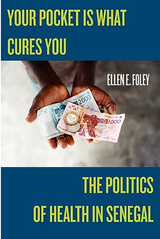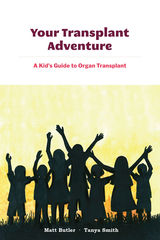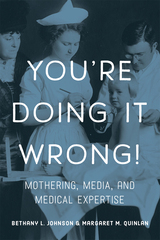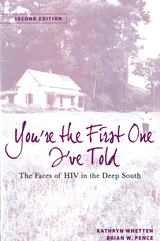5 start with Y start with Y

Your doctor is the second most important person taking care of your health. You're the first. This book was written so that you can do a better job, without going to medical school. It is designed to help you sort out the vital health information you need--what to consider, what to ignore, what to worry about, what to forget.
Deciding how to take care of a pain, an injury, a fever--and whether to call in expert advice--is not always an easy task. Knowing how to prevent disease can be even harder: Will I really live longer and feel better if I cut down on dietary fat, or alcohol, or overwork? The main focus of this book is on prevention: habits you can modify, choices you can make in daily life. Good choices do make a difference. The life expectancy of American adults has been increasing, and it is quite clear that professional medical care is not the only reason people are living longer.
But when you do call in the professionals, this book will guide you in asking the right questions about your diagnosis and treatment. When medical decisions must be made, you can be an active partner in making them.
The doctors who wrote this book have made some fundamental assumptions about their readers: they are people who want to make their own choices about their health, based on the best possible evidence; they want straightforward information unencumbered with excessive detail; when they talk with their physician, they want to ask intelligent questions and understand the answers; they want to live a long life, but also enjoy it along the way; and they want to see "the big picture"--how their personal health is affected by environmental and social forces.

While offering a critique of neoliberal health policies, Your Pocket Is What Cures You remains grounded in ethnography to highlight the struggles of men and women who are precariously balanced on twin precipices of crumbling health systems and economic decline. Their stories demonstrate what happens when market-based health reforms collide with material, political, and social realities in African societies.

The bright and colorful illustrations appeal to a child’s eye. Simple text accompanies each illustration. A direct question (e.g. “Will I have stitches or a scar?”) on one page is answered on the facing page, beneath an original illustration (e.g. “Your doctor will use stitches or a special kind of glue to help your body heal from the surgery. After the stitches come out, you will have a scar. This will always remind you of how brave you were!”).
This book is the perfect accompaniment for young children who may need a transplant, as well as for siblings and other family members who have questions and would appreciate some assistance on how to talk about the transplant process.

You’re Doing it Wrong! investigates the storied history of mothering advice in the media, from the newspapers, magazines, doctors’ records and personal papers of the nineteenth-century to today’s websites, Facebook groups, and Instagram feeds. Johnson and Quinlan find surprising parallels between today’s mothering experts and their Victorian counterparts, but they also explore how social media has placed unprecedented pressures on new mothers, even while it may function as social support for some. They further examine the contentious construction of prenatal and baby care expertise itself, as individuals such as everyone from medical professionals to experienced moms have competed to have their expertise acknowledged in the public sphere.
Exploring potential health crises from infertility treatments to “better babies” milestones, You’re Doing it Wrong! provides a provocative look at historical and contemporary medical expertise during conception, pregnancy, childbirth, postpartum, and infant care stages.

The Deep South has seen a 36 percent increase in AIDS cases while the rest of the nation has seen a 2 percent decline. Many of the underlying reasons for the disease’s continued spread in the region—ignorance about HIV, reluctance to get tested, non-adherence to treatment protocols, resistance to behavioral changes—remain unaddressed by policymakers.
In this extensively revised second edition, Kathryn Whetten and Brian Wells Pence present a rich discussion of twenty-five ethnographic life stories of people living with HIV in the South. Most importantly, they incorporate research from their recent quantitative study, “Coping with HIV/AIDS in the Southeast” (CHASE), which includes 611 HIV-positive patients from North Carolina, South Carolina, Georgia, Alabama, and Louisiana. This new edition continues to bring the participants’ voices to life while highlighting how the CHASE study confirmed many of the themes that originally emerged from the life histories. This is the first cohesive compilation of up-to-date evidence on the unique and difficult aspects of living with HIV in the Deep South.
READERS
Browse our collection.
PUBLISHERS
See BiblioVault's publisher services.
STUDENT SERVICES
Files for college accessibility offices.
UChicago Accessibility Resources
home | accessibility | search | about | contact us
BiblioVault ® 2001 - 2024
The University of Chicago Press









